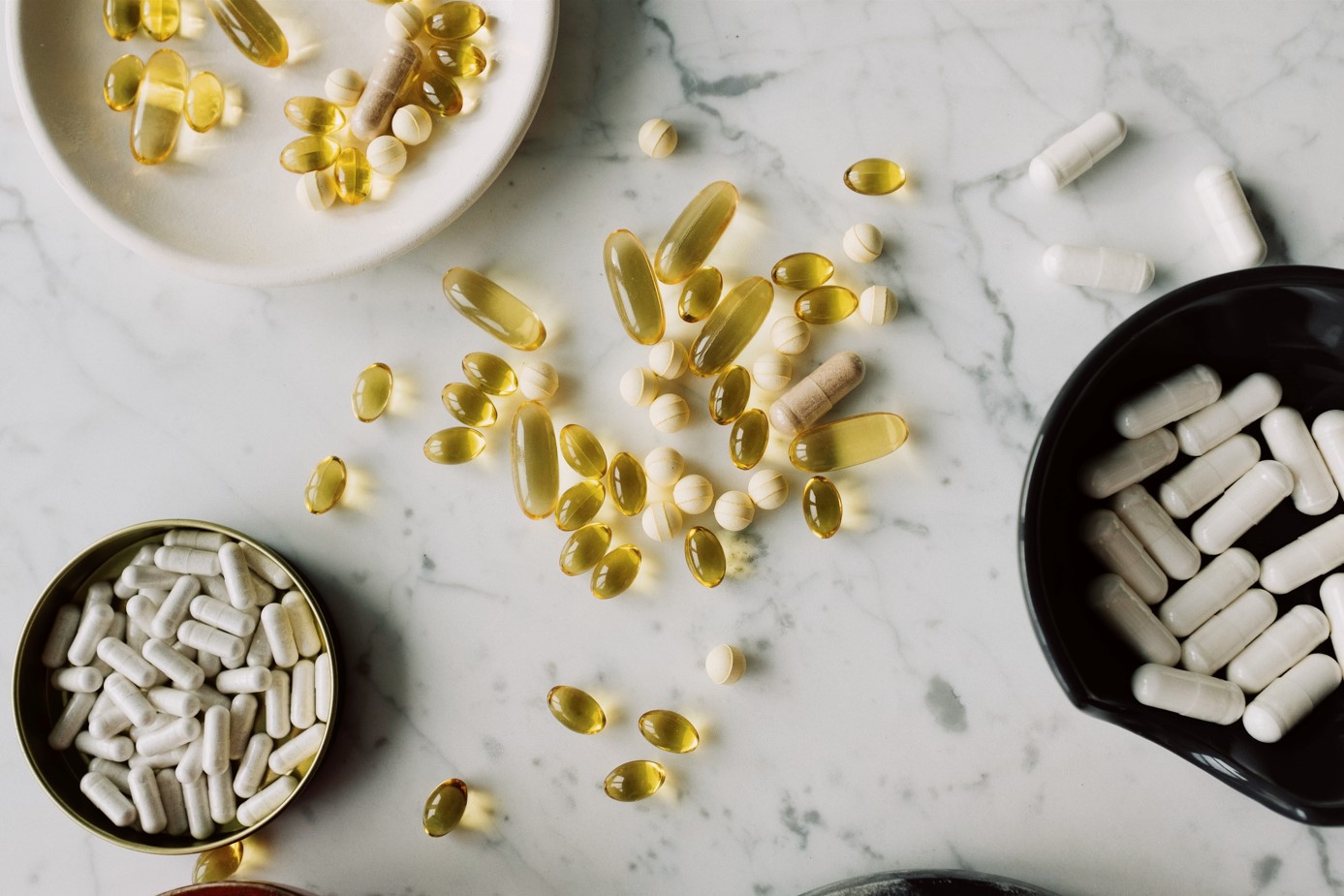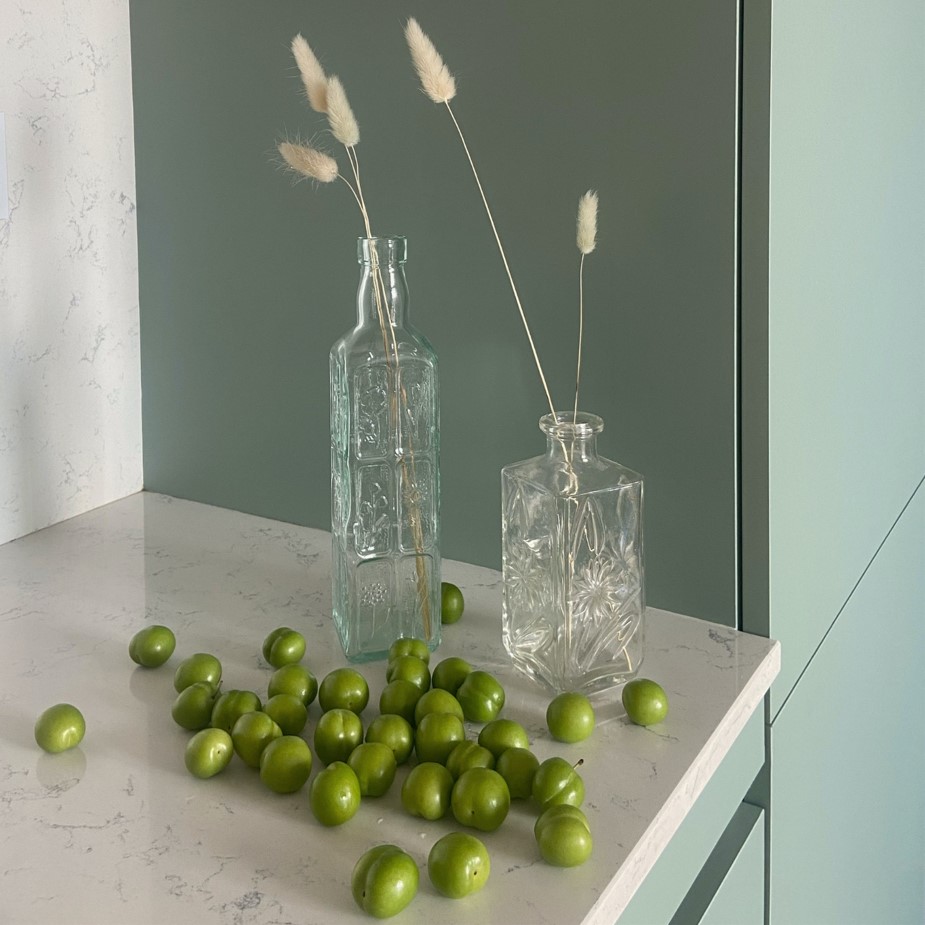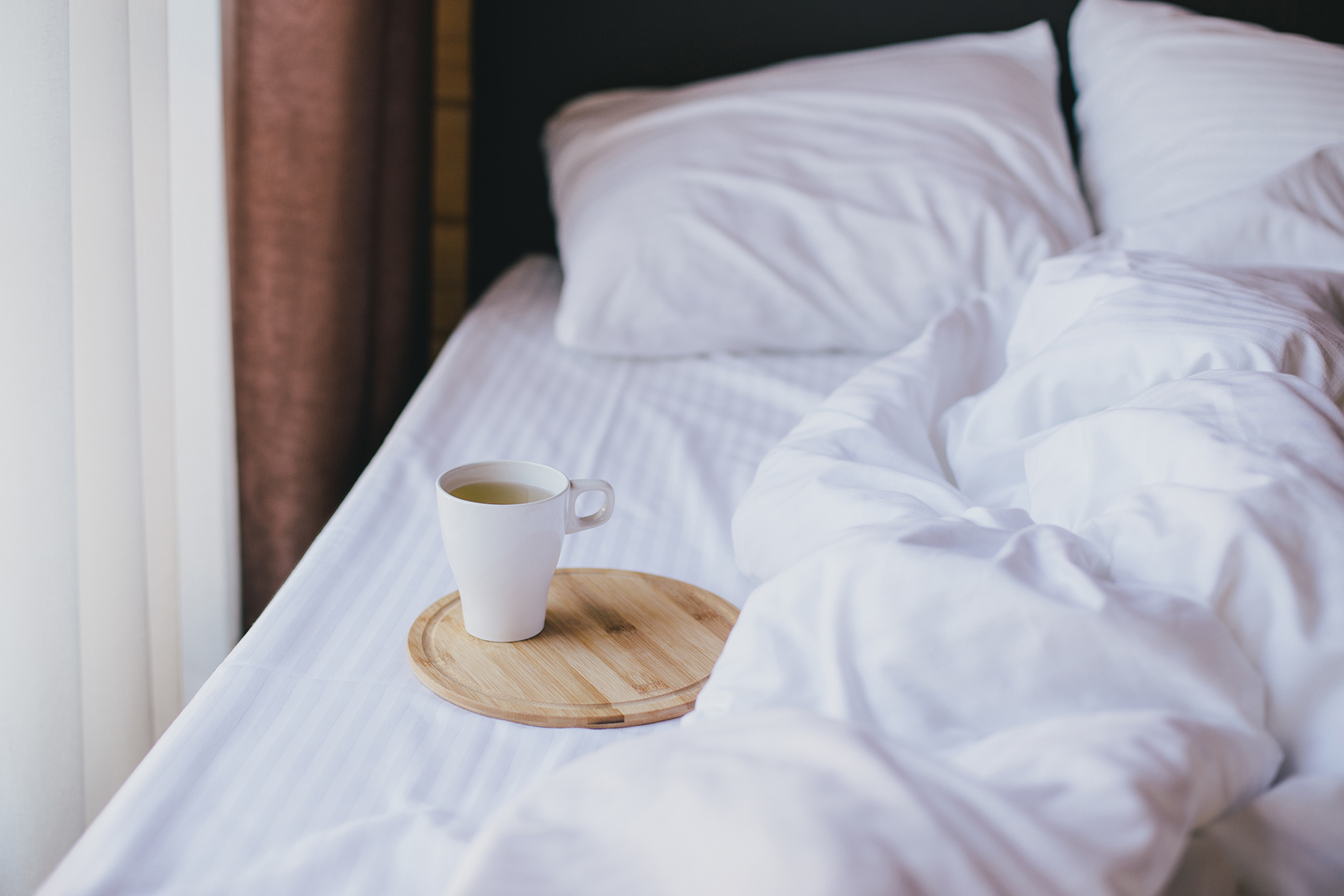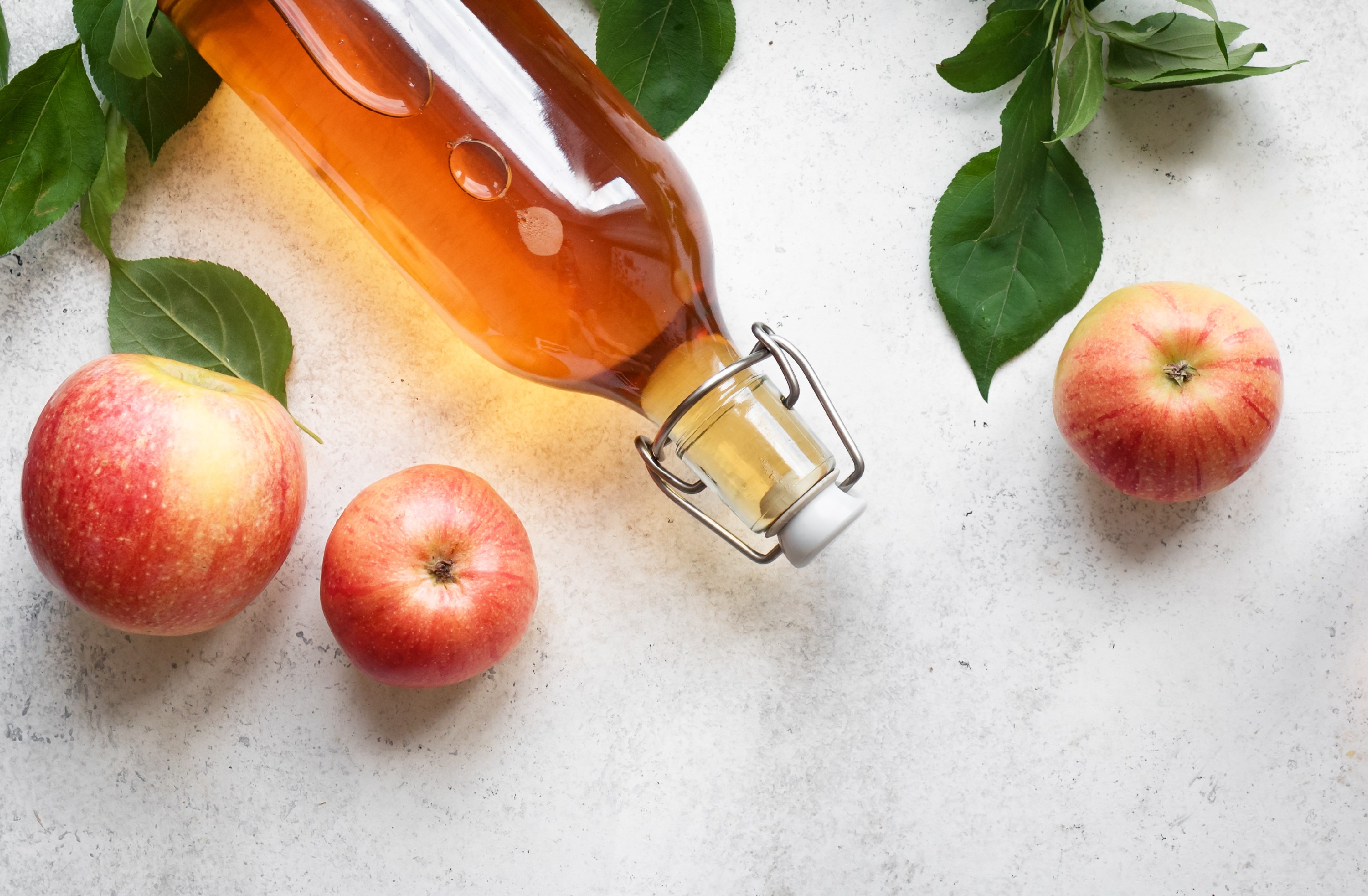Our Skin & Our Microbiome
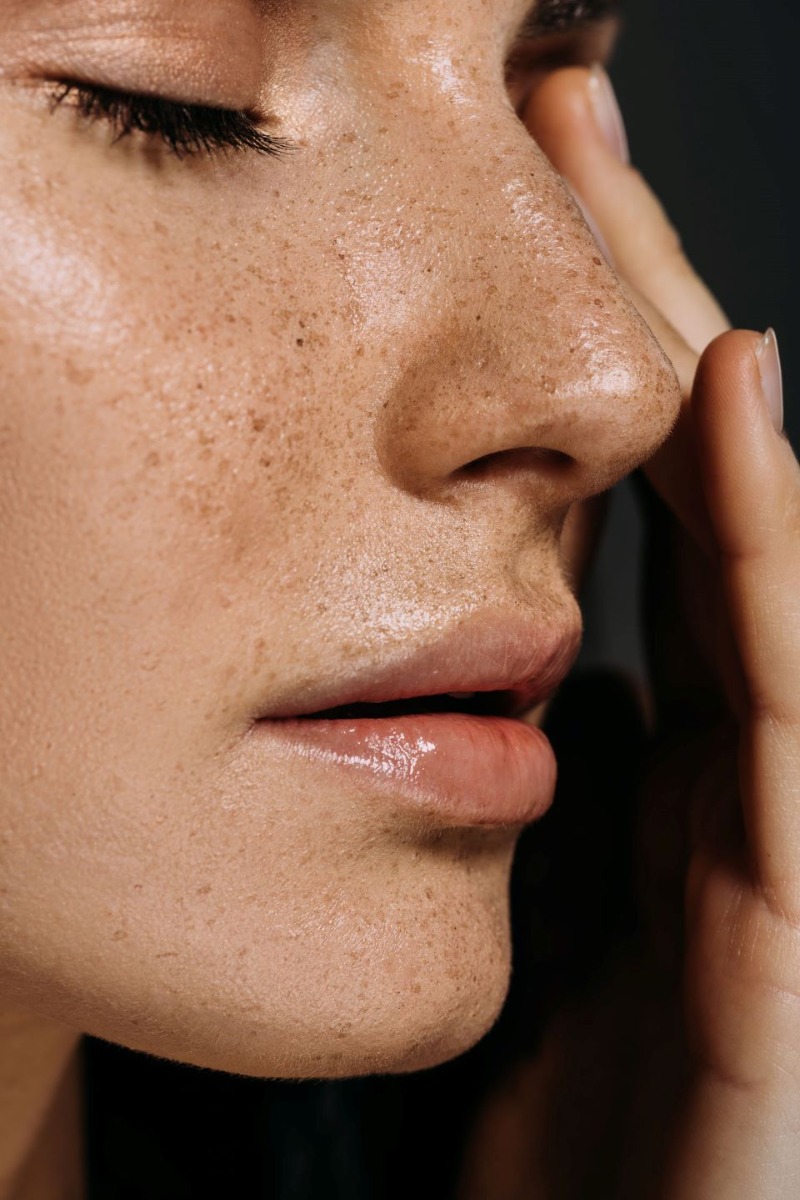
Some people may believe they have no symptoms of poor gut health because they don’t regularly experience bloating, indigestion, or excessive gas, but this isn’t always the case. For many of us, the skin is the first place to alert us that something in our gut may be off. Skin conditions may be considered as a ‘hidden’ symptom of poor gut health, as many people do not think to link these skin issues to their gut.
The skin is a channel of elimination; when the gut is not functioning properly, inflammation and symptoms of redness, swelling, and irritation may express themselves through the skin. Keeping inflammation at bay with regular probiotics can provide much-needed relief for the skin, as well as minimising behaviours that may trigger sensitivity and irritation. This can include minimising harmful factors such as:
- A poor diet – processed foods high in sugar and not enough nutrients and fibre from fruit and vegetables
- Excessive alcohol intake
- Long-course or repeated courses of antibiotics – antibiotics kill good bacteria as well as bad bacteria which can lead to long term imbalances in the microbiome
- Stress – chronic and acute stress can throw off the body’s ability to maintain wellness
One of the biggest motivations for people to ‘eat clean’ is the longing to have healthy looking skin, and yes – diet and nutrition does have a huge impact on the appearance and health of our gut and our skin. Clear and glowing skin is a good sign you’re healthy on the outside and the inside.
Here’s some tips to maintain a healthy gut and restore imbalances from within to ultimately boost overall skin health and bring back your glow:
- Take broad-spectrum probiotics – help to reduce inflammatory processes in the body or to restore gut balance after a course of antibiotics
- Eat a healthy diet – plenty of vitamins, minerals, and fibre from wholefoods
- Stay hydrated – good hydration levels encourage healthy texture and appearance of the skin as well as protecting skin barrier function
- Maintain a balanced lifestyle – incorporate movement into your daily routine and find a way to regulate your stress levels that works for you
Eat fermented foods – fermented foods are a great way to incorporate live bacteria into your diet, including sauerkraut, kefir, yoghurt and kombucha

